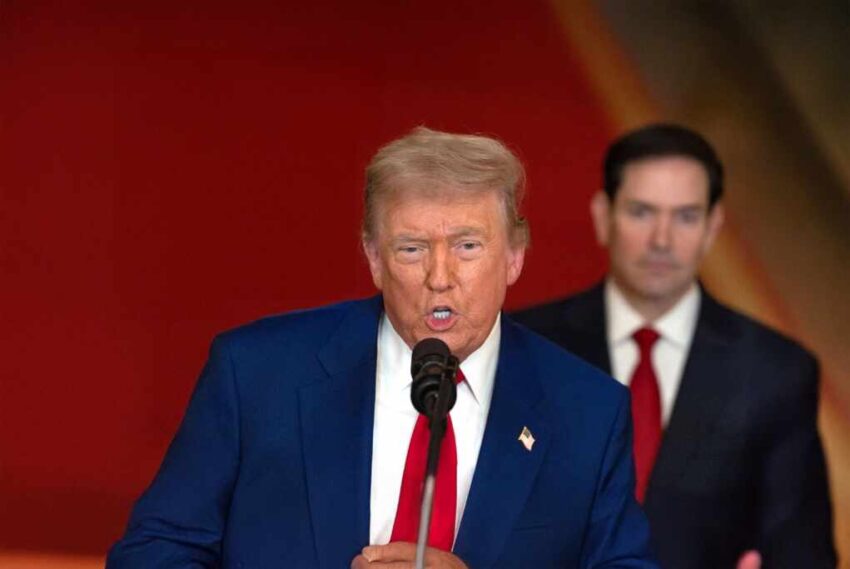The recent covert operations between Israeli intelligence and the CIA have peeled back layers of Iran’s nuclear ambitions like never before, leading us to question just how far this game of international espionage will go.
At a Glance
- A 12-day conflict between Israel and Iran ended on June 25, with a fragile ceasefire now holding.
- The CIA and Israeli intelligence collaborated on operations that “severely damaged” Iran’s nuclear program.
- U.S. President Donald Trump has announced upcoming direct talks with Iran in Geneva.
- Trump publicly dismissed a cautious damage assessment from his own CIA director.
A Covert War Revealed
A tense, 12-day shadow war between Israel and Iran culminated this week in a fragile ceasefire and stunning revelations of deep cooperation between Israeli and American intelligence. According to a report from Insider Paper, Mossad chief David Barnea publicly thanked the CIA for “unprecedented intelligence sharing” that allowed for successful strikes against Iranian missile and nuclear sites.
The conflict saw the U.S. military play a direct role in supporting its ally, with President Donald Trump authorizing the use of advanced bunker-busting bombs to cripple Iran’s hardened nuclear facilities. The CIA has since stated that its intelligence indicates Iran’s program was “severely damaged.”
Trump’s Decisive Role and Diplomatic Pivot
President Trump was instrumental in the operation, but his decisive military action has been paired with a controversial dismissal of his own intelligence agencies. In response to a leaked assessment from CIA Director Avril Haines suggesting the strikes may only set Iran’s program back by a few years, Trump was blunt. “I don’t care at all about what she said,” he stated, according to a “War on the Rocks” analysis. “I think they were very close to having one.”
Having demonstrated military force, Trump has now pivoted to diplomacy. As reported by ABC News Australia, the president announced that the U.S. and Iran have agreed to hold direct talks in Geneva to discuss the future of Tehran’s nuclear ambitions.
The Geopolitical Ripple Effect
While the ceasefire has halted immediate hostilities, the region remains on a knife’s edge. Israeli Prime Minister Benjamin Netanyahu has vowed to prevent Iran from ever achieving nuclear capability, stating, “We can’t leave these threats for the next generation.”
However, the strikes may have had unintended consequences inside Iran. Dr. Ali Mamouri, a Middle East analyst, observed that the foreign attacks have paradoxically bolstered domestic support for the Iranian regime. “People saw the attack coming from Netanyahu, Trump… they saw that there was an assault against their country, not against the regime,” he said. “On the other side, people got closer to the system.” This highlights the complex and often unpredictable nature of a conflict that now moves from the battlefield to the negotiating table.
Click this link for the original source of this article.
Author: Editor
This content is courtesy of, and owned and copyrighted by, https://conservativeamericatoday.com and its author. This content is made available by use of the public RSS feed offered by the host site and is used for educational purposes only. If you are the author or represent the host site and would like this content removed now and in the future, please contact USSANews.com using the email address in the Contact page found in the website menu.







